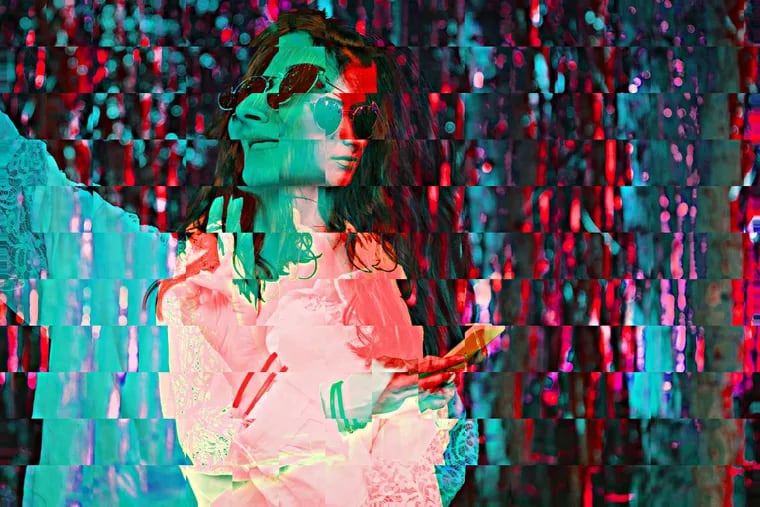“Betrayed By This Town” seems to be the title of the song I am reviewing through a blind taste test. It is uncertain whether it was created by a young, aspiring songwriter aiming for a Taylor Swift-like vibe, a team of music producers with a similar goal, or an AI system that efficiently produced it with a simple command.
While listening on my phone, I noticed a crackling sound in the background, aiming to evoke an analog atmosphere in a digital setting. This artificial indie DIY touch appears deliberate, enhancing the song’s overall ambiance. The track encapsulates the classic confessional singer-songwriter elements – from the subtle piano introduction to the theme of feeling betrayed not only by an individual but by the entire town.
The melody is quite catchy, with the title phrase lingering in my mind after a few listens. However, there is a somewhat robotic quality to it, especially noticeable in the opening lyric referencing sitting in a favorite café, seemingly tailored for Starbucks playlists or Spotify’s “Coffee House Morning Mix.”
An awkwardness arises in the singer’s pronunciation of the word cafe, almost as if it is a foreign concept to her. This discrepancy raises questions about the genuineness of her reflections in that particular setting.
Revelation: The Artist is ‘Anna Indiana’
The alias ‘Anna Indiana’ is quite clever, exuding a playful vibe that hints at a light-hearted joke. It is praiseworthy that the minds behind Anna Indiana are transparent about their digital creation. However, this playful facade may not be well-received by independent musicians who are already grappling with the challenges of navigating the streaming era and now have to face the looming possibility of automation replacing human creativity.
While the song itself may seem ordinary, the accompanying video takes on a slightly eerie undertone. Though not as unsettling as Peter Jackson’s recent Beatles video for “Now and Then,” featuring both young and old band members, it still evokes a sense of unease. When focusing solely on the auditory experience, one can imagine a real person pouring their emotions into the melancholic melody. In contrast, the emotionless rendition of heartfelt lyrics by the AI bot is unsettling, making even the stop-motion animation of “Rudolph the Red-Nosed Reindeer” (or the Eagles’ Christmas Special) appear more lifelike in comparison. It prompts one to ponder whether a more authentic approach could have been pursued. The AI-dominated future seems devoid of humanity and lacking in originality.






